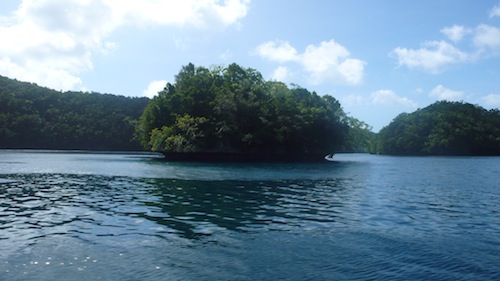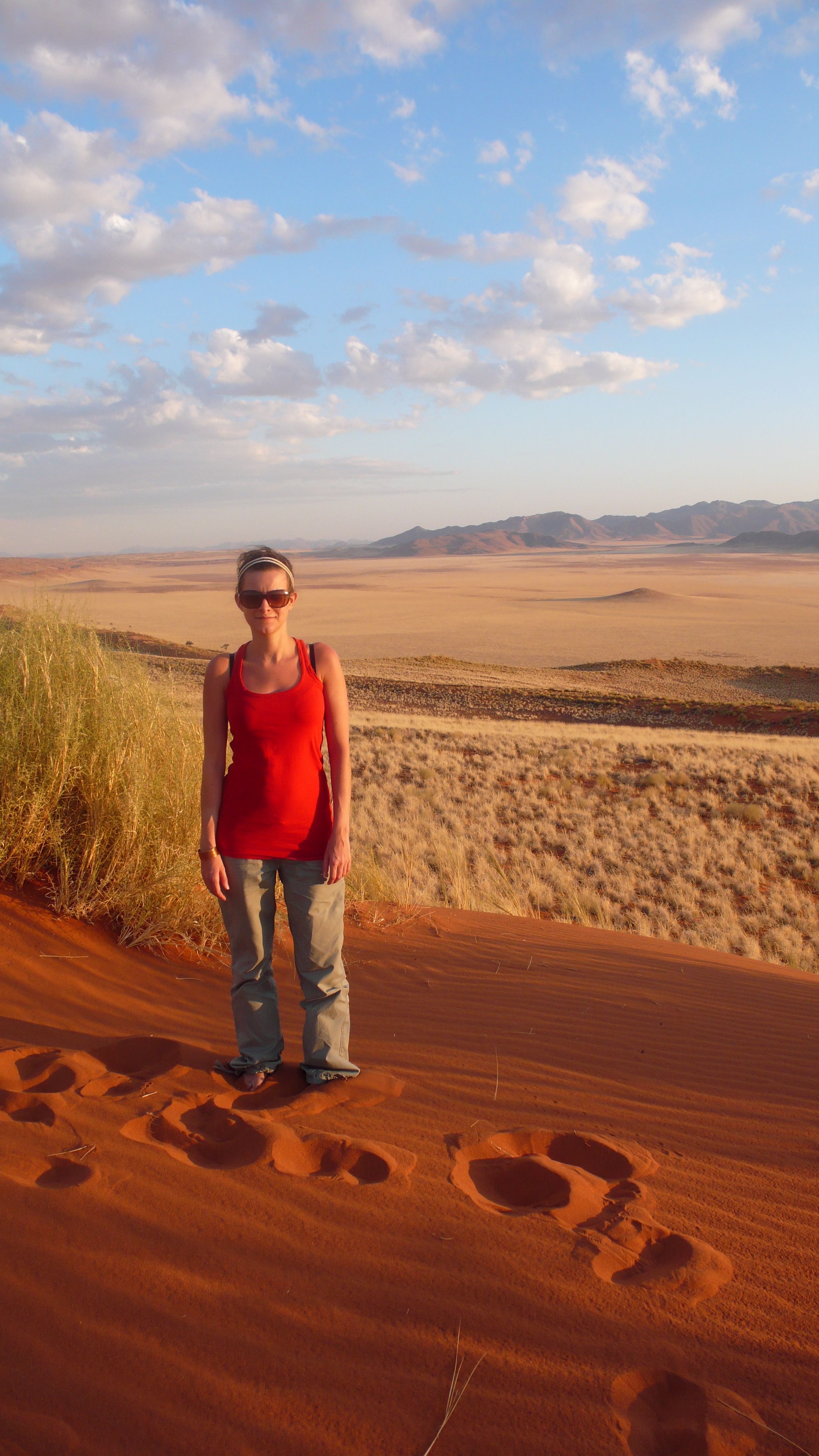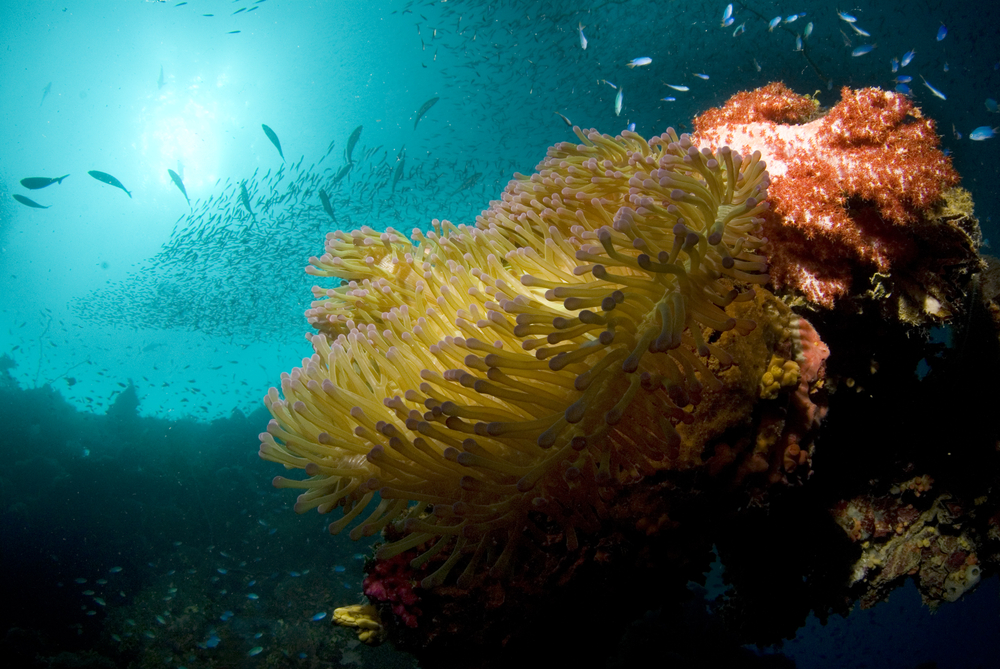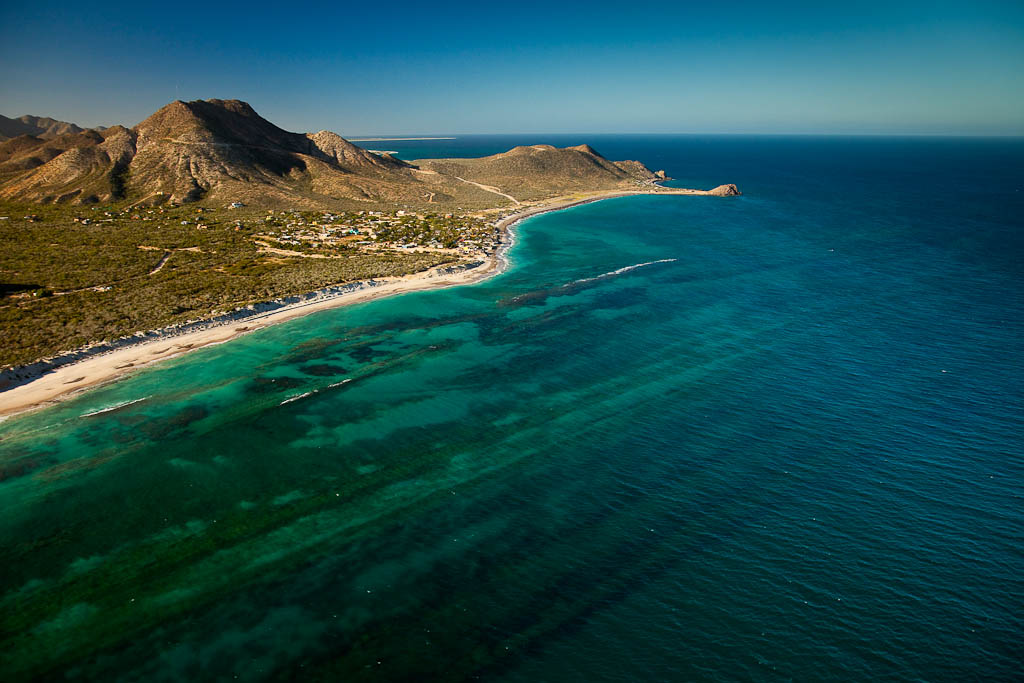News
February was a month of non-stop travel for me. Having just started working with CSF I got shipped off on a whirlwind tour of Micronesia and Bali. Not a bad start I suppose!
Richshaw Bagworks Founder and CEO, Mark Dwight, has always cared for the environment. The company prides itself on minimizing waste in its local San Francisco facility, and Mark's personal passion for cycling inspires many of its products. Everything from custom messenger bags to iPad covers to baby changing kits are guaranteed to be locally produced, eco-friendly, and durable, not to mention stylish! Rickshaw has donated hundreds of its iconic custom “Zero Messenger Bags” (inspired by the power of “zero” waste) to CSF global trainees since 2010. The company has also hosted CSF supporters for fundraising auctions and factory tours.
Conservation Strategy Fund has been training conservationists, natural resource managers, and policy-makers in the language of economics for nearly 15 years. Hear first-hand what our course participants and instructors have to say about why CSF's training programs are effective and make a big difference for conservation.
CSF began working with International Consultant and Environmental Economist Rhona Barr in late 2012. Rhona brings to CSF a diverse set of practical and research experiences in tropical settings, including Latin America, Asia and Africa.
Born in North Wales, Rhona grew up on the island of Anglesey. From an early age, island life made her fascinated ("nearly obsessed!") with the outdoors and biology, particularly the watery ecosystems around her.
As part of the ICAA fellows program, CSF held three methodological guidance workshops in November. The fellows traveled far and wide to visit each of their respective mentors and work on their final research profiles, which contain all of the definition methodology and data tools design collection. The workshops were held in Concepción, Chile, Bogota, Colombia and La Paz, Bolivia. In Chile, Karin Gonzales, Sophía Espinoza, Patricia Siles met with their mentor, Felipe Vásquez, who is a specialist in economic valuation of natural resources. In Bogota, Paula Zuluaga, Pablo David Campoverde, and Enrique de la Montaña Andrés met with Rocío Moreno, whose area of specialization focuses on game theory, economic valuation, and payments for environmental services.
For Angela Mojica, a marine biologist in Guatemala, this year's course forced her to think in a completely different way. Watch the video below to find out what had previously been missing in her conservation efforts.
David Johnson, currently a professor at Harvard University, has been teaching microeconomics with CSF since 2004. When asked if economics can alter the way environmentalists approach conservation, he had this to say:
Micronesia is a sub-region of Oceania, east of the Philippines and northeast of Indonesia. It is comprised of thousands of small islands in the western Pacific Ocean. Kiribati, the Mariana Islands, the Marshall Islands, Caroline Islands, Palau, Federated States of Micronesia, Nauru, and Wake Island are all considered part of Micronesia. In total, Micronesia is 1,230 square miles, or about twice the size of Los Angeles.
This week Mexican President Felipe Calderón withdrew the permit for a 9,400 acre development of a mega resort adjacent Cabo Pulmo National Marine reserve on the southern tip of Baja California. Its proximity to a 20,000-year-old reef and hundreds of species turned this project into a global concern. 2011 CSF Economic Tools for Conservation Graduate Paulina Godoy Aguilar of Amigos para la Conservación de Cabo Pulmo AC, had a big hand in this victory. Because of her efforts and those of many other conservationists and activists alike, hundreds of species and thousands of coastal acres have been saved.
Read the full story here: http://www.oceanfdn.org/blog/?p=611
Khan Academy is an extraordinary phenomenon in education. In just a few years, the organization has posted thousands of short videos with instruction on an ever-widening array of topics. Including economics. We like their economics videos so much they are now all available on CSF's website as well as the Khan site.
CSF course graduates frequently ask us to refresh their memory on a particular topic - "What exactly is consumer surplus?" - and Mr. Khan now is available to explain. The videos average around 10 minutes and use very helpful graphics to explain the concepts.






